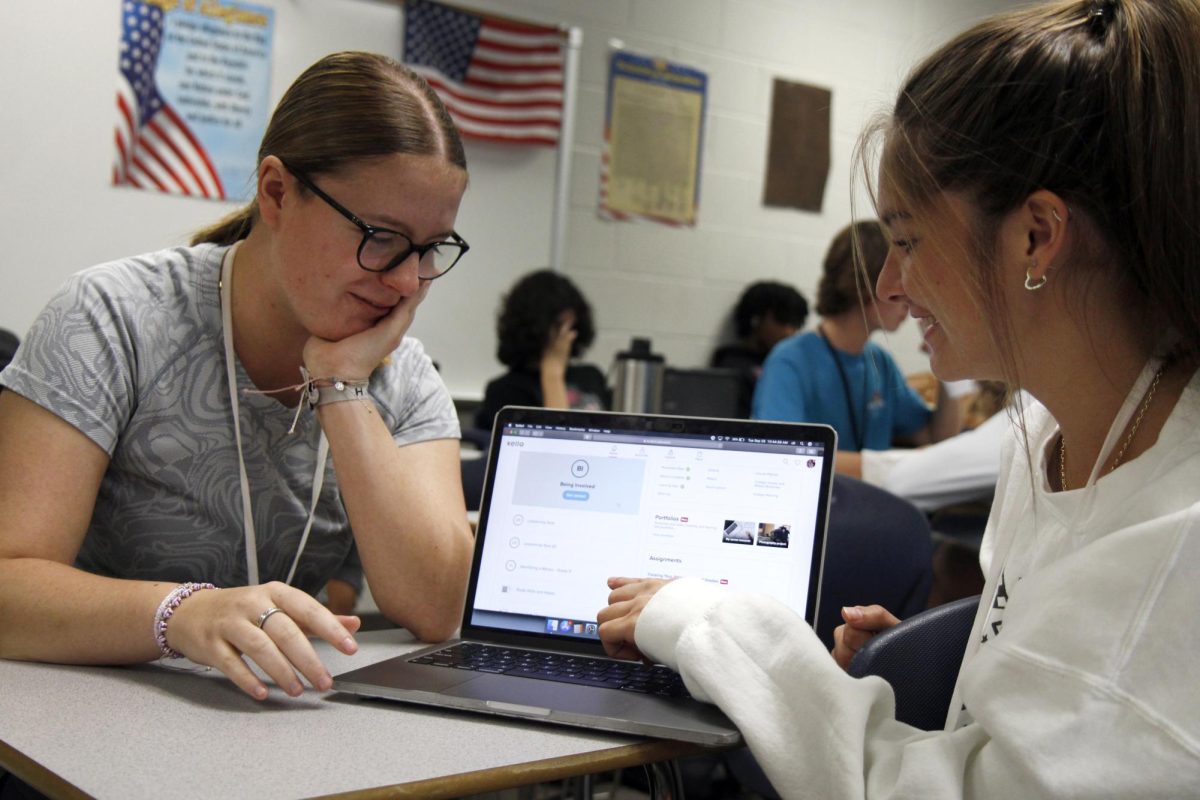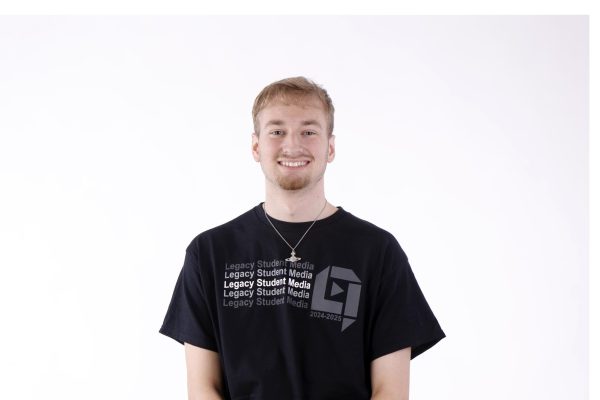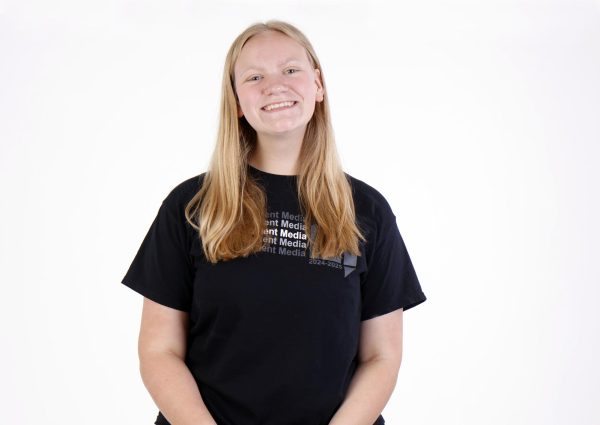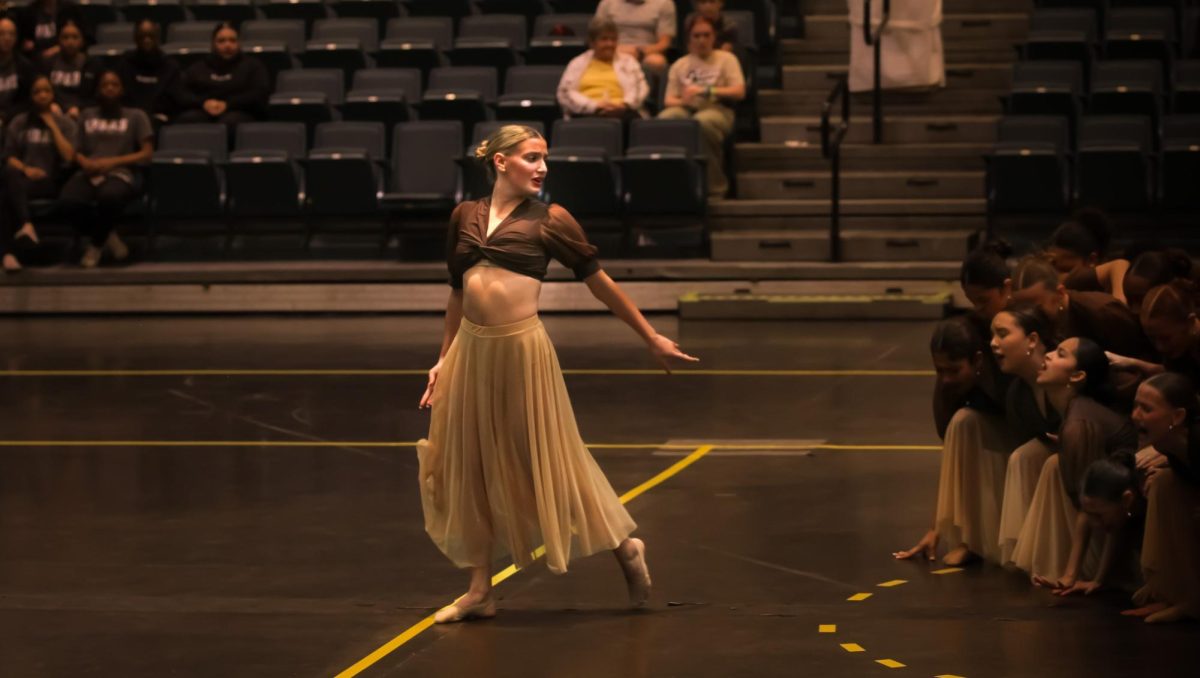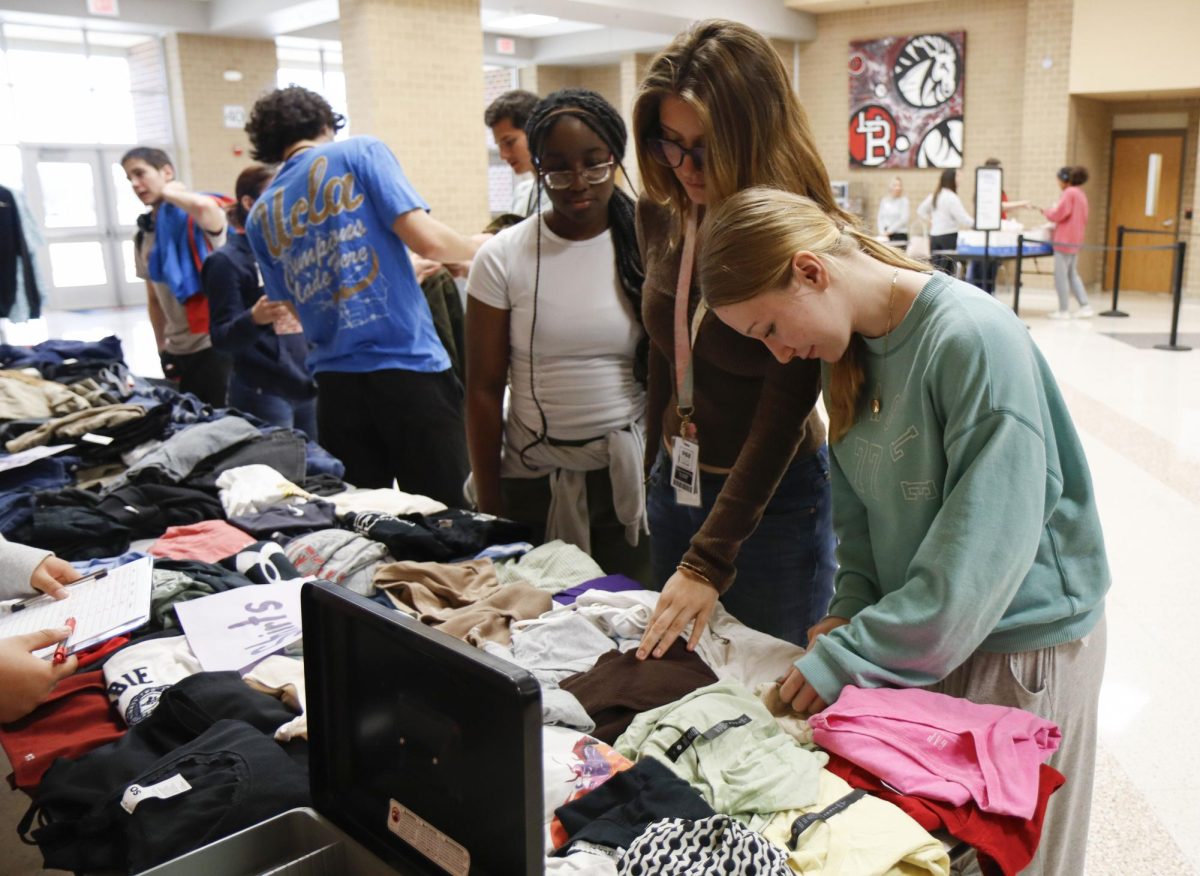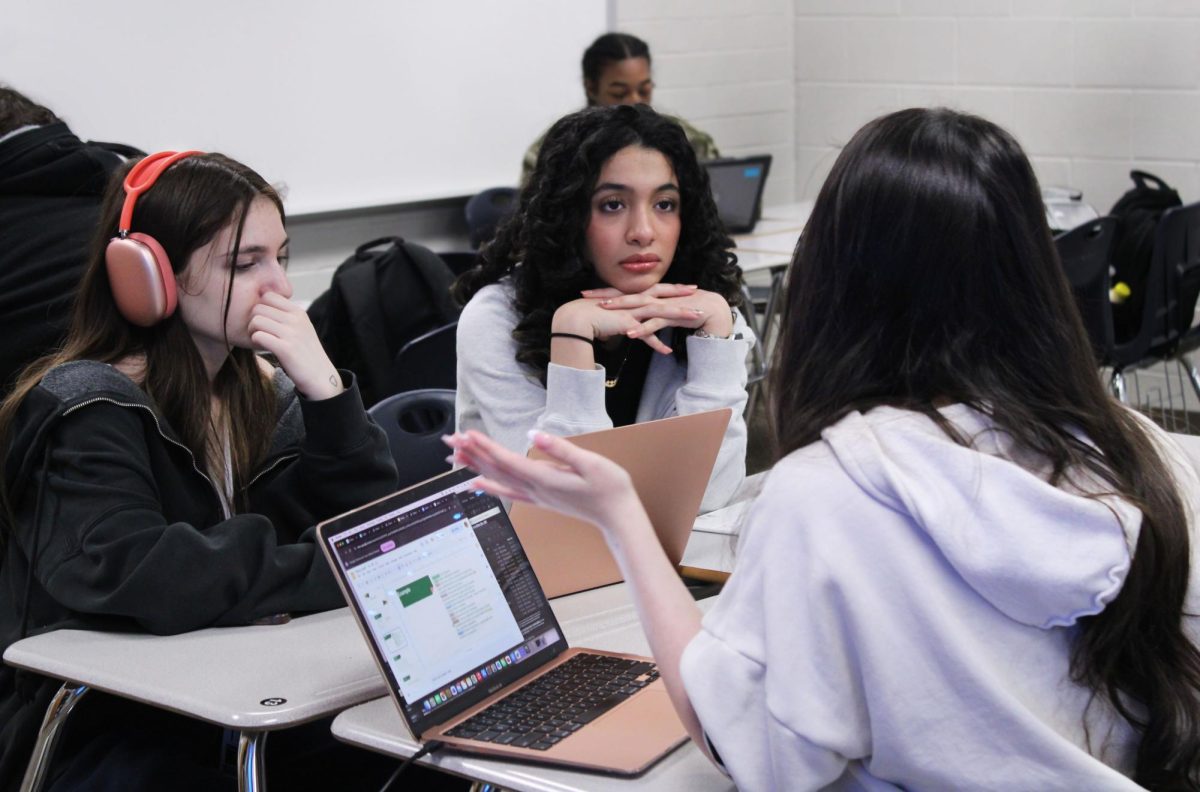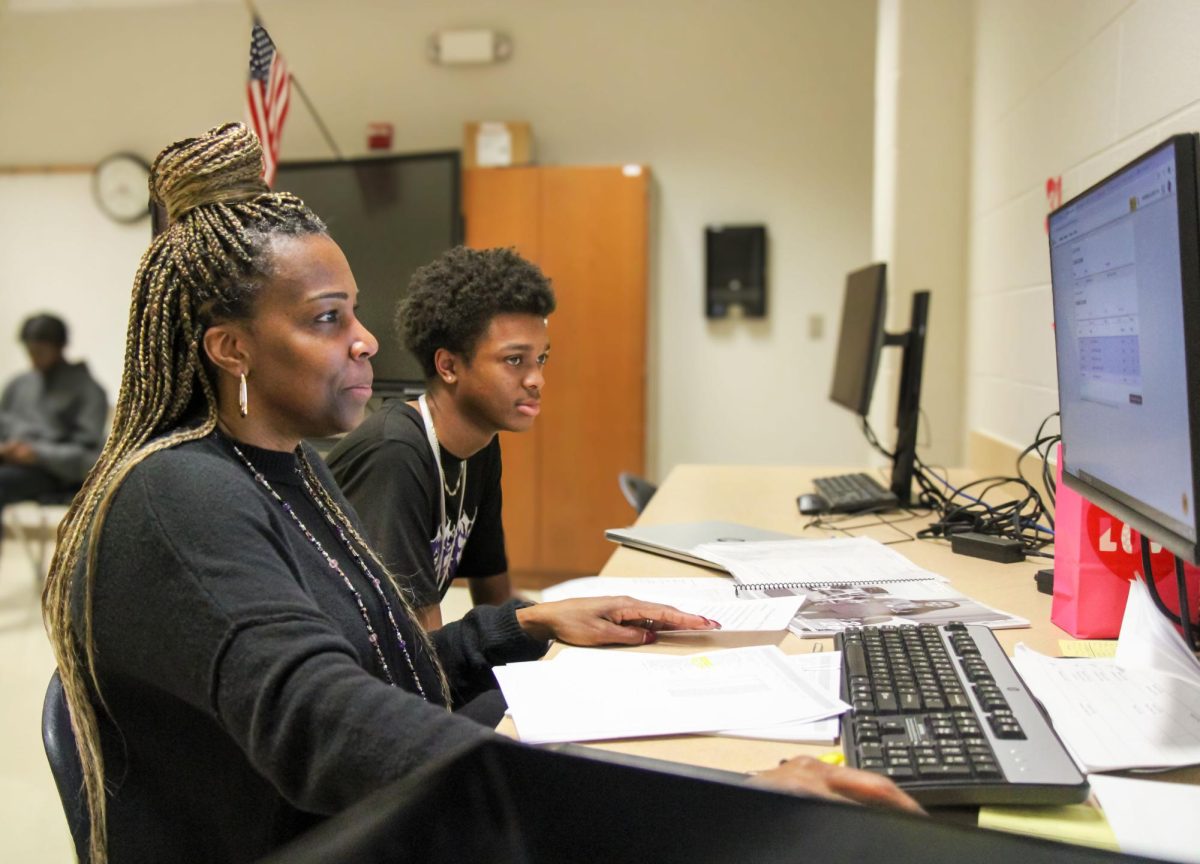After a new advisory model was used last year at Summit, administrators have implemented a similar model on campus. Each day after second period or seventh period, students go to their advisory class for 20 minutes to work on Xello and SEL lessons. The academic associate principal, Ms. Stephanie Monajami, helped implement this new advisory model to work on skills that are not taught in the classroom.
“Last year, we noticed there were a lot of students that were kind of wandering the halls during advisory,” Ms. Monajami said. There was a lot of uncertainty of where people were supposed to be.”
Students remain with the same advisory teacher for their entire time at Legacy. Teachers with senior students this year will loop around and have freshmen students the following year.
“There’s that family feeling and connection there with students and teachers and the kids in the class themselves,” Ms. Monajami said.
The system is designed for the students to feel welcome to talk to their teachers about whatever’s going on in their lives. Coach Gerard Jackson, in his second year at Legacy, has juniors in his advisory class.
“I’ll stay with you till you graduate. So we can further have a strengthened relationship, and I can help you anything you need because we have that strength of relationship,” Coach Jackson said. “The other part of it is it’s more than dynamic what we do. So it’s we can talk about like social-emotional learning one day but the next day we can talk about just you.”.
Furthermore, the advisory model will help students get more done, by catching up on homework and any additional assignments they have.
“It’s cool, cause we can get work done and get extra work done that we need to finish,” junior Chase Peterson said.
Every advisory teacher will have an activity or presentation to show to the students every day, ranging from the Texas Reality Check, where students can calculate how much their dream lifestyle will cost them. Other lessons are on life skills such as integrity.
“Ideally, you hope that family members are influencing and empowering that knowledge at home, but not everybody has a family where they even get to see each other every evening at the dinner table,” Monajami said.



